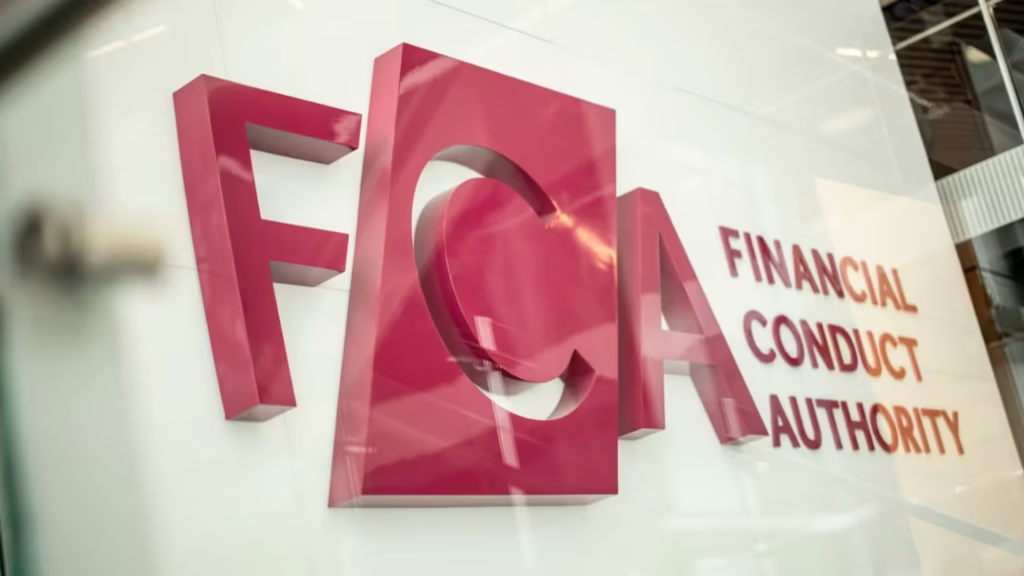According to the Financial Times, law firms and accounting organizations across the United Kingdom are pushing back against a Treasury plan to give the Financial Conduct Authority (FCA) direct oversight of anti-money laundering (AML) and counterterrorism finance rules. The proposal would shift supervision of about 60,000 companies from 23 separate industry bodies to the FCA, marking the first time Britain’s main financial regulator would oversee lawyers and accountants.
Treasury seeks to simplify fragmented oversight
The Treasury said the reform aims to fix weaknesses in the UK’s current AML system, which the Financial Action Task Force (FATF) described as “fragmented” and vulnerable to misuse by criminals. Officials argued that consolidating supervision under one agency would close loopholes and improve coordination with law enforcement.
City minister Lucy Rigby told FT the change would simplify a “highly complex regulatory regime.” She said the current structure — with dozens of independent supervisors — leads to inconsistent enforcement and hinders collaboration between agencies. The Treasury plans to consult on the details in November, but implementation depends on new legislation and confirmed funding for the FCA.
Industry groups warn of costs and uncertainty
Professional bodies have warned that the shift could bring major costs and disruption. Many smaller regulators rely on supervision fees, and losing those revenues could threaten their existence.
Parjinder Basra, chair of the regulatory board at the Institute of Chartered Accountants in England and Wales, said the organization was “disappointed” by the decision. He warned it would “increase the regulatory burden and costs to firms, making business growth more challenging.”
Maggie McGhee, executive director of strategy and governance at the Association of Chartered Certified Accountants, also criticized the plan. She told FT it could “reduce the effectiveness of anti-money laundering enforcement,” adding that firms face “a significant administrative challenge involving higher costs and new data risks.”
Legal experts question FCA’s suitability
Some lawyers have expressed concern that the FCA lacks experience supervising legal services. Colette Best, director of anti-money laundering at Kingsley Napley and a former official at the Solicitors Regulation Authority (SRA), said firms need clarity on timing, authorization requirements, and how supervision will work during the transition.
The SRA said it was “disappointed” to lose its supervisory role, noting that it had made “significant progress” in recent years and hoped to build on that foundation.
Watchdogs support stronger oversight
Despite industry objections, anti-corruption campaigners welcomed the reform. Steve Goodrich of Transparency International UK called it a “long-overdue step” toward fixing what he described as a “broken system.” Susan Hawley, executive director of Spotlight on Corruption, added that giving the FCA new powers “could shake up the legal and accountancy sectors, which have long benefited from softer oversight.”
FCA enforcement director Steve Smart said the regulator intends to “simplify supervision” and better detect and disrupt financial crime.
According to the Financial Times, while the Treasury sees this reform as vital to restoring confidence in Britain’s defenses against illicit finance, the legal and accounting industries fear a costly, complex transition that could reshape professional regulation in the UK.


